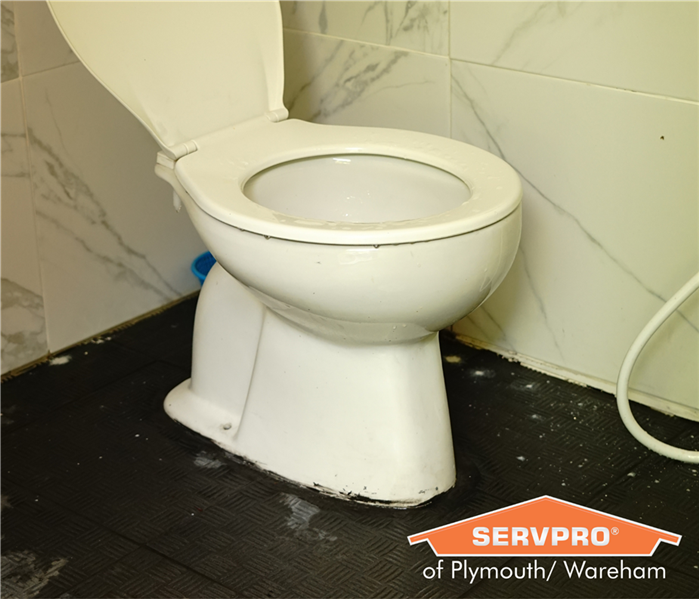Sewage Backups
12/18/2020 (Permalink)
Sewage backups can be detrimental to your home or business causing damage such as destroyed floors, walls and other parts of your home. Let's take a look at what causes problems with sewers at home and how to stop disasters such as flooding.
The most prevalent causes of sewage problems, according to the Insurance Information Institute, are:
-Combined stormwater and raw waste pipelines
-Blockages of sanitary mains in the city that are not discovered in time and back up water from floor drains into homes
-Aging structures that have not been constructed to tackle a rapid rise in housing growth
-Cracked or blocked pipes
By taking some preventive measures, you can help prevent sewage backups.
One of the most efficient ways is to conduct periodic repairs. Plan regular cleaning and inspection of sewers, roughly every two years. A camera can be used by the technician to identify cracks and any other problems within your pipe system. They will also scrub out any residue, such as oil, hair and food, that can clog your tracks.
Correctly discard grease and paper items. Do not pour cooking oil down the drain, because when it cools and solidifies, it can create blockages. Instead, place it in a plastic jar and throw it away once the oil has cooled. Paper goods do not decompose quickly, so avoid putting items such as sanitary products, paper towels and wipes down your tubes.
Another effective way to address sewage backup is to fix the problems with your current plumbing scheme. There could be laws against a French drain or sump pump system being linked to a city sewer, so become familiar with these rules in your town or county. These kinds of attachments could allow debris from flood disasters to reach the system and obstruct the flow of water.
If you experience a backup leading to sewage overflowing into your home or business, call SERVPRO of Plymouth/ Wareham. Our trained technicians are Faster to Any Sized Disaster and can return your home or business to it’s pre-sewage condition.






 24/7 Emergency Service
24/7 Emergency Service
